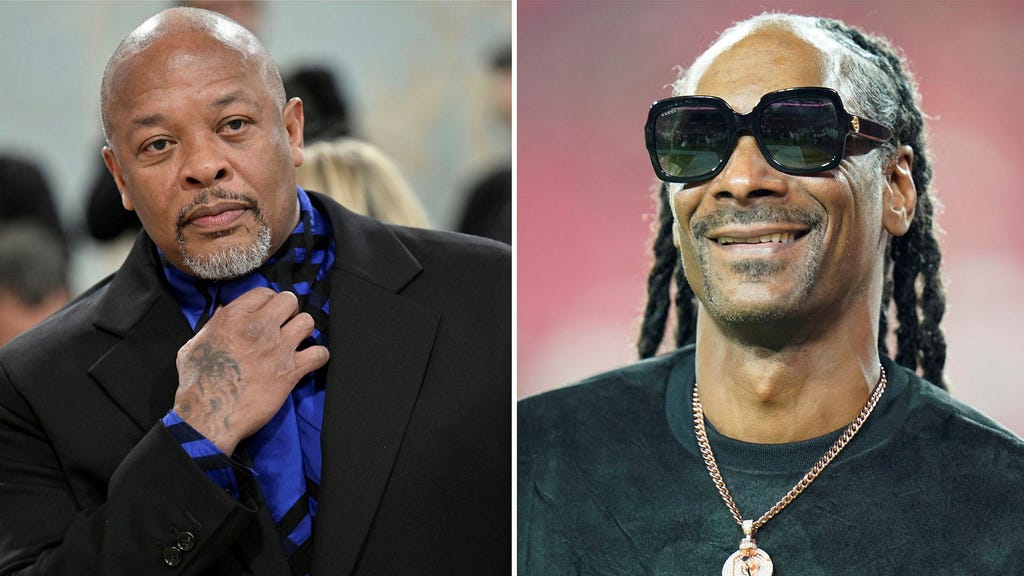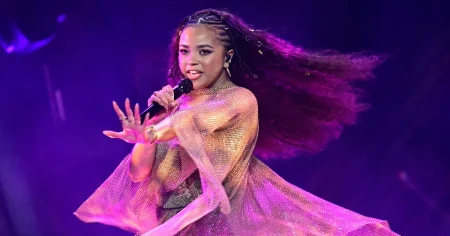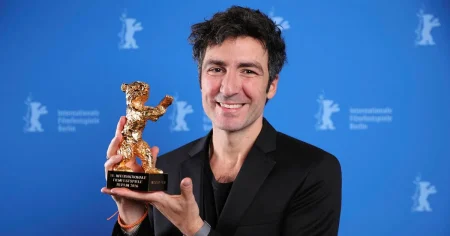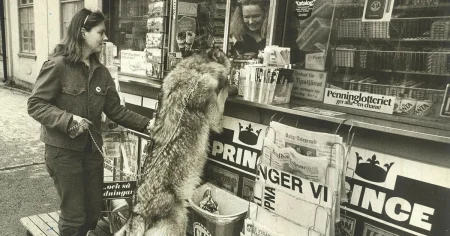Snoop Dogg and Dr. Dre’s ”Missionary,” their first full collaborative album since Snoop’s 1993 debut ”Doggystyle,” falls short of expectations, coming across as a tired and often confusing attempt to recapture past glory. The album’s second track, ”Shangri-La,” proudly proclaims an intention to ”rewrite history,” yet what follows is a rather lackluster verse from Snoop over a Dr. Dre production that borrows heavily from De La Soul’s ”Stakes Is High.” This sets the tone for an album that seems rooted in a misapprehension of time, as if the duo hasn’t aged a day since their heyday. Instead of embracing their current positions in the music world, they seem stuck in a narrative of defending their relevance against younger artists, a theme already explored 25 years ago on Dr. Dre’s ”2001” album.
The reality is that Snoop Dogg has evolved into more of an entertainer, branching out into various ventures beyond rap, while Dr. Dre’s most significant recent contribution to music has been his headphone company. ”Missionary” often feels like a desperate attempt to cling to relevance, prioritizing fan service over artistic expression. While nostalgia can be a powerful force, this album fails to effectively harness it, instead offering a disjointed collection of tracks that often feel more like mimicry than innovation. A straight nostalgic trip down memory lane might have been preferable to some of the album’s more bizarre choices.
One particularly egregious example is ”Last Dance with Mary Jane,” where a lazy sample of Tom Petty feels more like grave robbing than an homage. While artistic evolution isn’t always necessary, Snoop Dogg and Dr. Dre aren’t a perfectly formed, unchanging entity like The Ramones. Their collaboration has always had room for growth and experimentation. Instead of exploring new avenues, ”Missionary” remains stubbornly rooted in the past, clinging to the same stylistic tropes that defined their early work.
There’s no single right way to age as an artist, but ”Missionary” presents a picture of two lost West Coast veterans who only fleetingly, and mostly thanks to guest appearances from artists like Method Man and Eminem, manage to approach their former greatness. The album lacks the vitality and innovation that defined their earlier work, settling instead for a drowsy, uninspired sound. In contrast, LL Cool J’s recent collaboration with Q-Tip demonstrated a willingness to embrace new ideas and push boundaries, resulting in one of his best albums. Snoop and Dre, however, seem content to remain stuck in the past.
”Missionary” stands in stark contrast to the vibrant, forward-thinking approaches of other veteran artists. It highlights a missed opportunity for Snoop Dogg and Dr. Dre to reinvent themselves and explore new creative territories. Instead of building upon their legacy, they retreat into familiar territory, resulting in an album that feels both dated and out of touch with the current hip-hop landscape. The album lacks the spark and innovation that would justify its existence beyond simple fan appeasement.
The album suffers from a lack of focus and a clear artistic vision. Rather than presenting a cohesive statement, ”Missionary” feels like a collection of disparate ideas haphazardly thrown together. This lack of direction further contributes to the overall sense of aimlessness and nostalgia-baiting. The album’s few bright spots, provided by guest artists, only serve to emphasize the shortcomings of Snoop and Dre’s contributions. Ultimately, ”Missionary” is a disappointing reminder that even legendary artists can lose their way, clinging to past glories instead of forging new paths.














